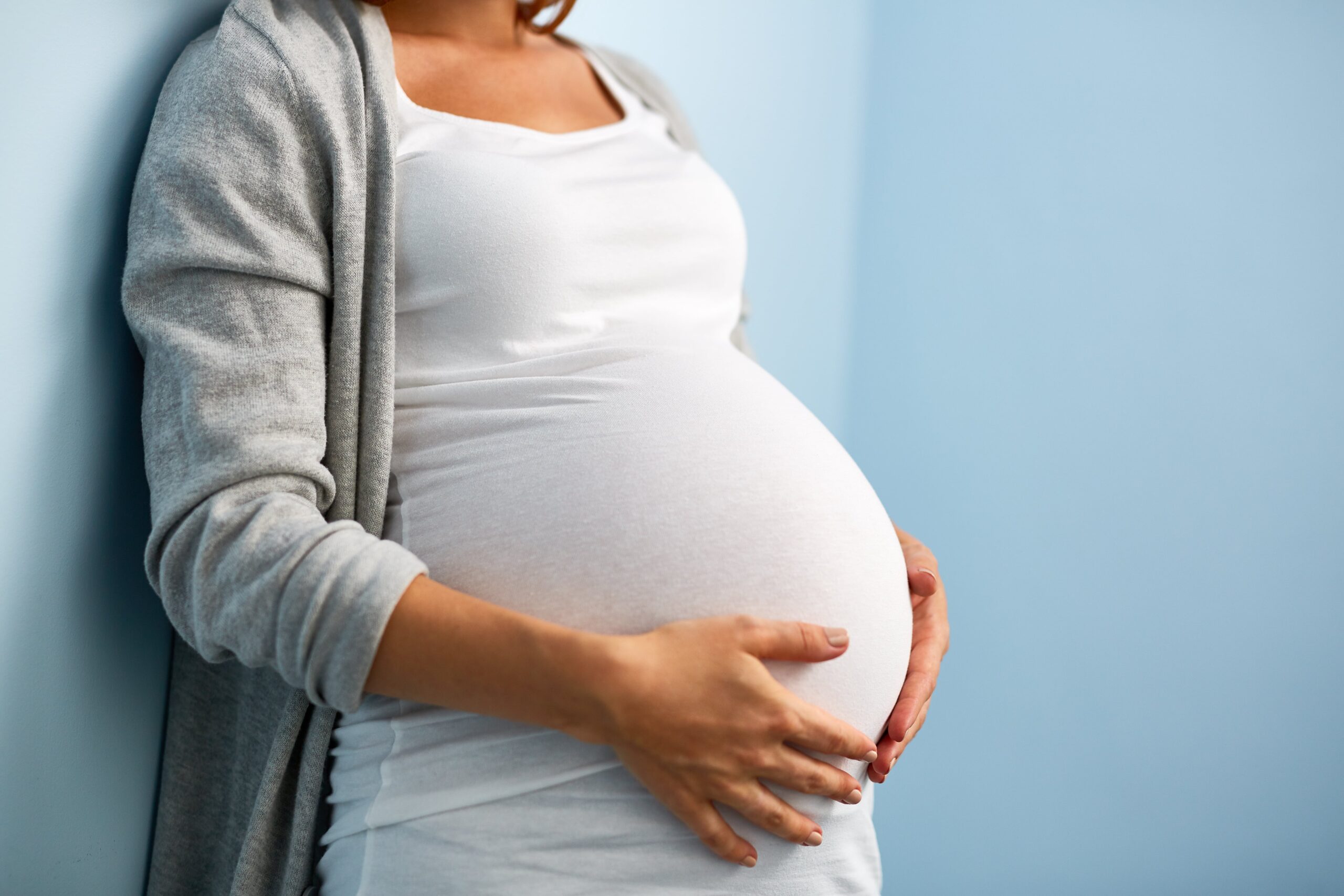Pregnancy is a significant time for both the mother and the baby. During this delicate time, it is essential that a woman takes extra care of her body. It’s vital she makes decisions that will benefit the health of herself and her unborn child. One such decision is whether or not to drink alcohol during pregnancy. Research has shown that there are risks of drinking while pregnant.
Is Drinking in Moderation While Pregnant OK?
No. There is no known safe amount of alcohol that can be consumed during pregnancy. Even moderate drinking (1 to 2 drinks per week) has been linked with adverse outcomes for the baby. These included preterm birth, low birth weight, and fetal alcohol syndrome (FAS). Furthermore, since the exact timing of a woman’s conception may not always be known, it is best to abstain from any type of alcoholic beverage during pregnancy just to be on the safe side.
Miscarriage and Birth Defects from Alcohol
Miscarriage is one of the most serious risks associated with drinking during pregnancy. Studies have shown that women who drink heavily (3 drinks per day or more) are at an increased risk for miscarriage. Even moderate drinking has been linked to a higher risk of early delivery or stillbirth. In addition to an increased likelihood of miscarriage, heavy alcohol consumption while pregnant can also result in a variety of birth defects.
These include:
- FAS
- Low birth weight
- Slow physical growth and development
- Poor coordination and balance
- Small head size or misshapen skull
- Facial abnormalities including narrow eyes, a small jaw, and a smooth ridge between the nose and upper lip
- Brain damage causing learning problems and behavioral issues (such as hyperactivity, poor impulse control, and the inability to concentrate or understand communication
- Heart defects include narrowing the aorta or holes in the heart chambers
What Is Fetal Alcohol Spectrum Disorder?
Fetal Alcohol Spectrum Disorder (FASD) is an umbrella term that describes the range of effects that can occur in a child whose mother drank alcohol during pregnancy. These conditions include fetal alcohol syndrome, partial fetal alcohol syndrome, alcohol-related neurodevelopmental disorder, and alcohol-related congenital disabilities. FASD can lead to lifelong physical and behavioral impairments such as poor academic performance, learning disabilities, and mental health issues.
What Are the Short and Long-Term Effects of Drinking While Pregnant?
The short-term effects of drinking while pregnant include a higher risk of miscarriage, stillbirth, or premature birth. In addition to these risks, the baby may be born with physical and mental disabilities, such as FASD conditions. The long-term effects may include learning and behavioral problems affecting the child’s academic performance, social functioning, and overall quality of life. We offer women’s-only rehab to help tackle gender-specific issues in recovery.
Combining Alcohol with Pain Meds and Their Risks
It is essential to be aware that combining alcohol with prescription or over-the-counter medications can increase the risks associated with drinking during pregnancy even further. For example, combining alcohol and pain medications, such as acetaminophen, ibuprofen, or naproxen sodium, can lead to liver damage in both the mother and baby. Furthermore, consuming large amounts of alcohol while taking these medications could cause an increased risk of miscarriage or stillbirth.
Combining Alcohol with Illicit Substances and Their Risks
Combining alcohol with illicit substances can increase the risks of drinking during pregnancy even further. For instance, combining alcohol and drugs such as marijuana, cocaine, or heroin can increase the risk of birth defects, miscarriage, or stillbirth. Additionally, consuming large amounts of these substances while pregnant could lead to long-term health problems for the baby, such as cognitive delays, behavioral issues, and physical disabilities.
Signs and Symptoms of Alcohol Use While Pregnant
Unfortunately, many women do not realize they are pregnant and can continue to drink. However, once they know they are pregnant, they should discontinue drinking immediately. Unfortunately, some women will not stop drinking and continue to do. As such, there are certain signs and symptoms that can indicate a woman is using alcohol during pregnancy. These include changes in appetite or sleep patterns, depression or mood swings. Additional signs include increased irritability or aggression, unexplained fatigue, and weight loss.
Signs of Alcohol Addiction in Pregnant Women
The signs of alcohol addiction in pregnant women are similar to those anyone struggling with alcohol use disorder faces, including:
- Difficulty reducing or stopping alcohol consumption
- Needing to drink more and more to get the same effects
- Withdrawal symptoms when not drinking such as shakiness, anxiety, irritability, insomnia, or nausea
- Neglecting responsibilities in order to consume alcohol
- Spending a great deal of money on alcohol despite financial difficulties
- Engaging in risky behaviors while under the influence of alcohol
- Hiding drinking from family and friends
- Withdrawal from family and friends
How Detox While Pregnant Can Help
Detoxing while pregnant can be a difficult process, but it is important to note that getting help from a medical detox and rehab center is the safest and most effective way to do so. Additionally, detoxing in this manner can help reduce the risks associated with drinking during pregnancy. It provides the mother with access to resources such as counseling, support groups, medication management, and other forms of assistance. Last but not least, detoxing may also help reduce the risk of birth defects or long-term health issues for the baby.
Get Help For You And Your Unborn Child in Columbus, OH
When you are pregnant and struggling with alcohol addiction, you are not alone. At Ohio Addiction Recovery Center in Columbus, Ohio, we are here to help you and your baby with our personalized treatment and gender-specific programs.
Contact us today to start your recovery.






